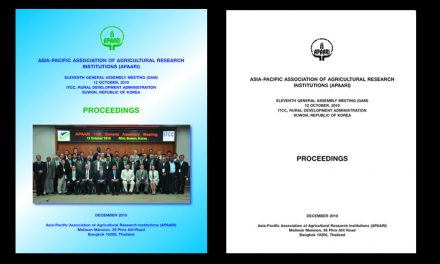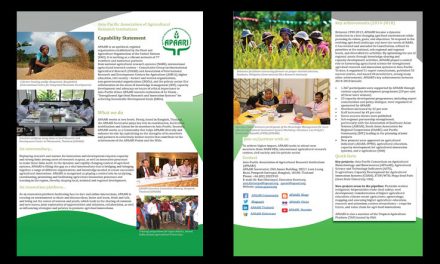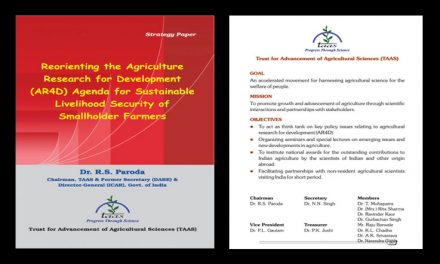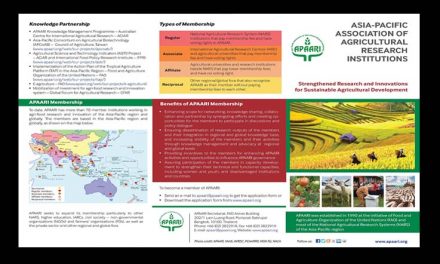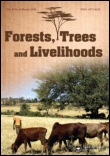 Customary practices such as bush fires and the browsing by livestock, and the absence of land property rights are important institutional constraints to effective up-scaling of natural resource management (NRM) including agroforestry technologies in southern Africa. Through collective action by communities in eastern Zambia, and supported by-laws enacted by traditional leaders to formalize them, the conflicts arising over resources in the communities and the quest to protect the interests of the different segments of the society were addressed. This paper investigates the process through which the by-laws were formulated and implemented, and evaluates their effectiveness to achieve the desired outcome. It then used a sample of 196 households to assess the impacts of the by-laws on household and social groups in the community. Results show that the by-laws have led to a remarkable reduction in the incidence of fire outbreak and grazing. It also highlights how traditional institutions can provide important entry points for local policy interventions on NRM in rural communities. Read more
Customary practices such as bush fires and the browsing by livestock, and the absence of land property rights are important institutional constraints to effective up-scaling of natural resource management (NRM) including agroforestry technologies in southern Africa. Through collective action by communities in eastern Zambia, and supported by-laws enacted by traditional leaders to formalize them, the conflicts arising over resources in the communities and the quest to protect the interests of the different segments of the society were addressed. This paper investigates the process through which the by-laws were formulated and implemented, and evaluates their effectiveness to achieve the desired outcome. It then used a sample of 196 households to assess the impacts of the by-laws on household and social groups in the community. Results show that the by-laws have led to a remarkable reduction in the incidence of fire outbreak and grazing. It also highlights how traditional institutions can provide important entry points for local policy interventions on NRM in rural communities. Read more

Select Page
